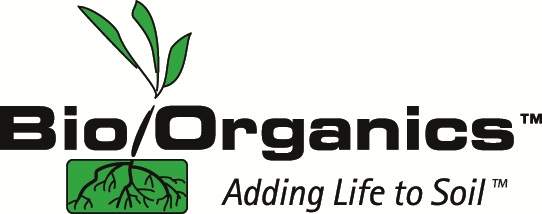A not-fully-appreciated factor in growing plants is the presence of earthworms. Along with microscopic soil organisms, worms perform very important digestive and processing of organic matter - transforming dead plant material into forms that nourish plants.
In nature, everything is recycled. Dead leaves, spent annual grasses, pine needles, fallen trees, bird droppings, etc. This constitutes the major part of most plant's diet, and earthworms are one of the foremost components of the recycling system. As soon as a dead leaf hits the ground, decomposing fungi, bacteria, and earthworms "pounce" on it and their eventual excretions become ideal fodder for the surrounding plants. This is why mulches disappear fairly quickly in bio-active soils. The worms also add the benefit of leaving rich castings down directly in the root zone for more bacterial action and for mycorrhizal fungi to then transport into their host plant roots.
In effect, this is a closed-loop system for nutrients, requiring only the additions of solar energy (through photosynthesis) and water for perfect plant nutrition. At least, perfect for native plants that are adapted to a specific environment. We humans have altered the system in at least two significant ways - placing plants outside their original habitat and removing organic matter from the soil surface (raking leaves, removing grass clippings, straw and other plant residues).
I once read that some forested park areas of Bavaria were declining, and it was found to be due to the long-term removal of all the pine needles. Keeping the forest floor swept clean was, in effect, starving the earthworms and subsequently the trees themselves.
In many cases, this is true for many of our cultivated plants. If plant residues do not provide food for worms and other soil critters, it creates fertilizer-dependent plants. One need look no further than lawns that have the clippings removed every mowing, or perfectly "clean" orchards and vineyards to find human-fed plants that could otherwise be largely self-sufficient, and probably far more disease-resistant. There is a no-till and seed-through-residues trend developing for some crops that does recognize the value of using natural recycling, but this is still the exception.
A simple worm-count of a shovelful of soil will indicate the general health of your farm or garden plot - no lab tests are needed. If your worms are abundant, well-fed and happy, then your soil organisms will be providing the good tilth and proper soil chemistry to grow strong productive plants. Simple, really.
Good growing, my friends.
Don Chapman
President - BioOrganics, Inc.
